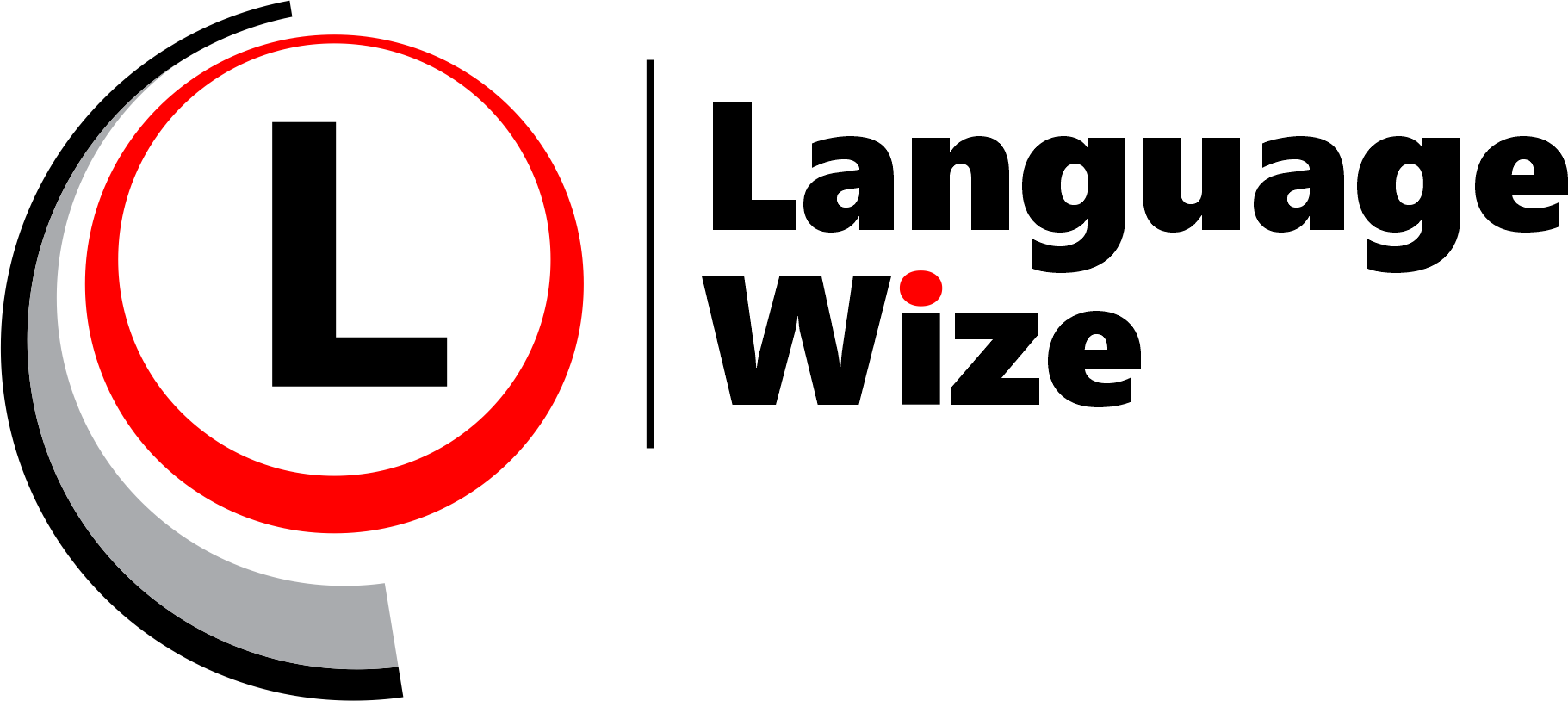It’s Sunday evening. Your big presentation is due first thing Monday morning. You’ve had two whole weeks to prepare. But instead of finishing it early like a responsible adult, you’ve spent the last 13 days:
- Cleaning your desk (suddenly, organizing your pens felt urgent)
- Watching just one episode of that new Netflix show (which turned into six)
- Googling “How do astronauts sleep?” (because you never know when you might need this information)
- Staring at your screen, wondering why you do this to yourself every time.
And now, with the deadline breathing down your neck, you finally spring into action – typing like your life depends on it, fuelled by panic, caffeine, and sheer regret.
Sound familiar? If so, congratulations! You’re officially a procrastinator – and possibly a master of last-minute genius. But don’t worry, you’re not alone. In fact, science suggests that we might actually work better under pressure.
So, let’s break down the bizarre psychology of why we wait until the last possible second to be productive – and why it sometimes actually works.
Procrastination: A Feature, not a Bug?
First things first – why do we procrastinate? Is it because we’re lazy? Nope. Is it because we secretly love stress? Maybe.
The truth is procrastination isn’t always about being unmotivated. It’s about how our brains handle deadlines.
- When a deadline is far away, our brains categorize the task as a “future problem.” (Future You will handle it. Future You has it all together. Future You is a genius.)
- As the deadline gets closer, our stress levels rise, triggering a surge of adrenaline and focus.
- Suddenly, we go from “I’ll do it later” to “I HAVE TO DO THIS RIGHT NOW OR I WILL PERISH.”
This is known as the Yerkes-Dodson Law (yes, procrastination has science behind it). It states that we actually perform best when we experience moderate levels of stress. In other words, a little panic might be the secret ingredient to peak productivity.
The “Deadline Superpower” Effect
Have you ever noticed that when you procrastinate long enough, you magically get things done in half the time?
That’s because last-minute pressure:
- Eliminates distractions – Suddenly, you don’t care about scrolling Instagram.
- Forces quick decisions – No time for overthinking, just DO THE THING.
- Triggers creativity – Your brain is in survival mode, connecting ideas at lightning speed.
It’s like having a productivity superpower – but only when the clock is ticking dangerously close to disaster.
Why Do We Put Ourselves Through This?
Despite knowing that procrastination works, we still feel guilty about it. But here’s the kicker: not all procrastination is bad.
- Passive Procrastination = Bad → This is when you delay tasks but don’t do anything useful in the meantime. Example: Watching cat videos instead of writing your report.
- Active Procrastination = Actually Pretty Smart → This is when you delay tasks but use that time to think and process ideas subconsciously. Example: Taking a long shower and suddenly coming up with the perfect business strategy.
So, if you’re “procrastinating” by taking a walk, brainstorming, or letting ideas marinate in your brain – congratulations! You’re basically a productivity hacker.
Should We Embrace Procrastination?
Yes and no.
When procrastination works:
- If you thrive under pressure
- If last-minute adrenaline helps you focus
- If you still meet deadlines (without having a nervous breakdown)
When procrastination backfires:
- If it causes actual stress and panic
- If quality suffers (because you’re rushing too much)
- If your boss is about to fire you for missing deadlines
The trick is to harness the benefits of procrastination without letting it destroy you.
How to Procrastinate…Productively
If you must procrastinate (because, let’s be honest, you will), here are a few ways to make it work for you instead of against you:
- Set Fake Deadlines – Trick your brain into thinking the due date is sooner than it actually is. (If you tell yourself, it’s due in three days, you’ll start panicking earlier – win-win.)
- Do “Fake Work” First – If you’re avoiding the big task, do small, related tasks instead. Example: Not ready to write that report? Organize your notes. (At least it feels productive.)
- Use the “Five-Minute Rule” – Tell yourself you’ll just do five minutes of work. Once you start, you’ll often keep going. (Because starting is the hardest part.)
Find Your Panic Sweet Spot – Some people need mild stress to be productive. Others need full-blown chaos. Figure out what level of pressure actually helps you work best.
Final Thought: Is Procrastination a Gift or a Curse?
Well, that depends. Some of history’s greatest minds – Leonardo da Vinci, Steve Jobs, even Albert Einstein – were known procrastinators.
So, if you’re someone who works best under pressure, embraces the last-minute rush, and always meets deadlines in a flurry of caffeine-fuelled brilliance…maybe procrastination isn’t a flaw.
Maybe it’s your secret weapon.
But when it comes to improving your English for business, career growth, or personal development – why wait until the last minute?
At LanguageWize, we offer engaging, practical English courses that fit into your schedule (even if you’re a professional procrastinator). Whether you need to sharpen your business communication skills, ace an important presentation, or finally stop putting off improving your English – we’ve got you covered.
Join LanguageWize today and turn your “I’ll do it later” into “Wow, I should’ve done this sooner!”
Ready? Or are you going to procrastinate just one more day?
Heidi Nel
28 April 2025

